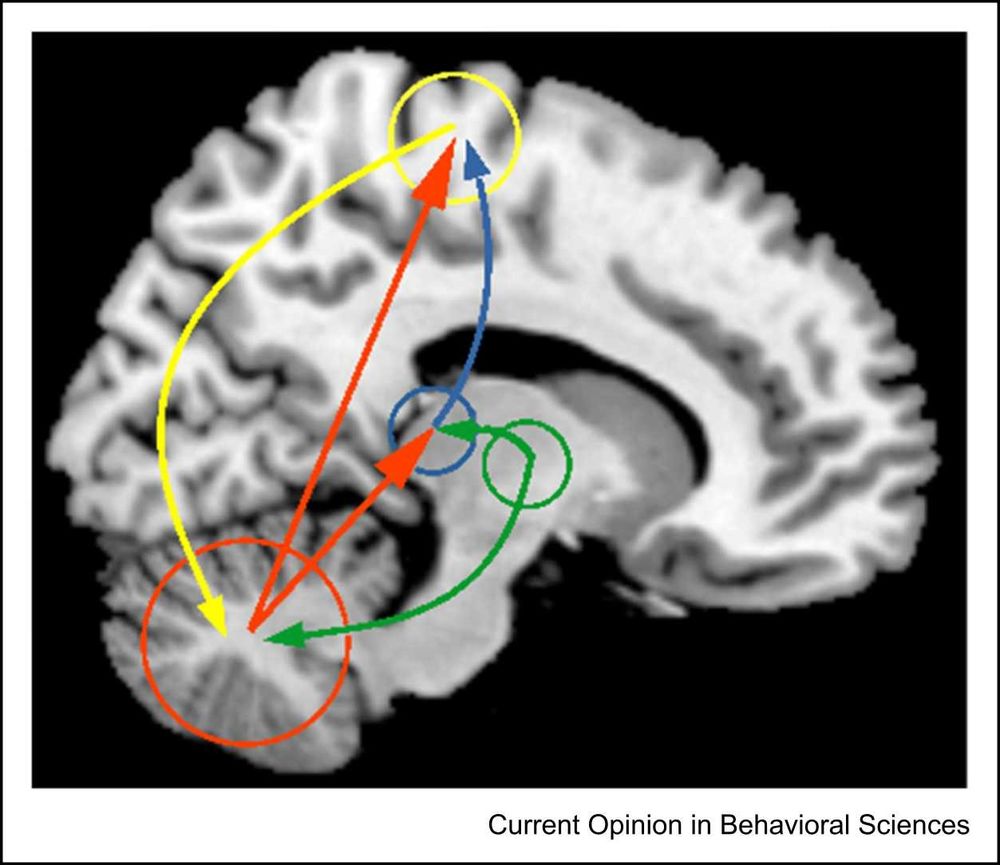
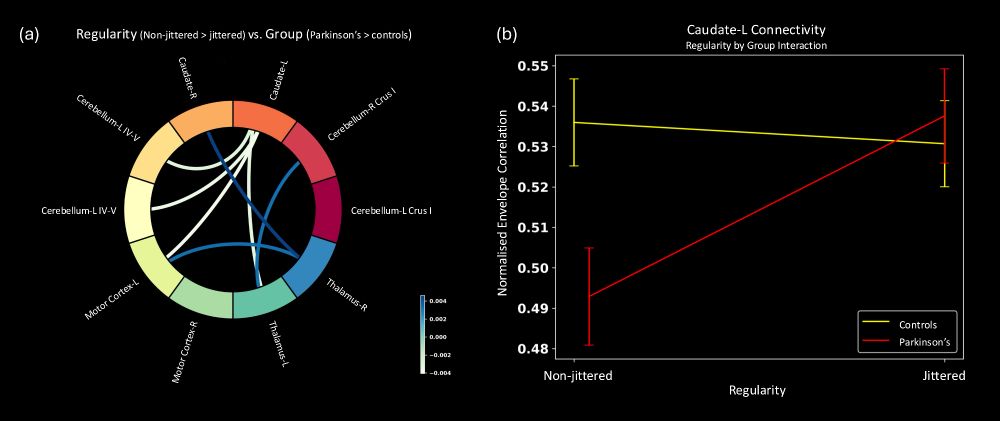
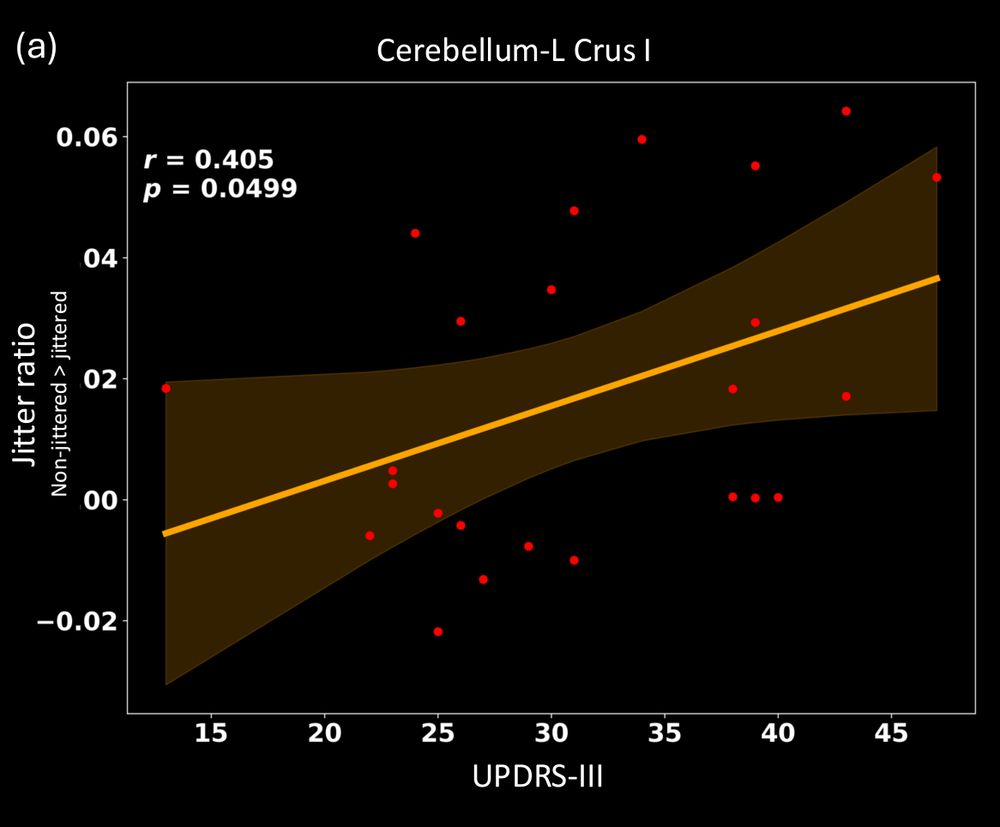
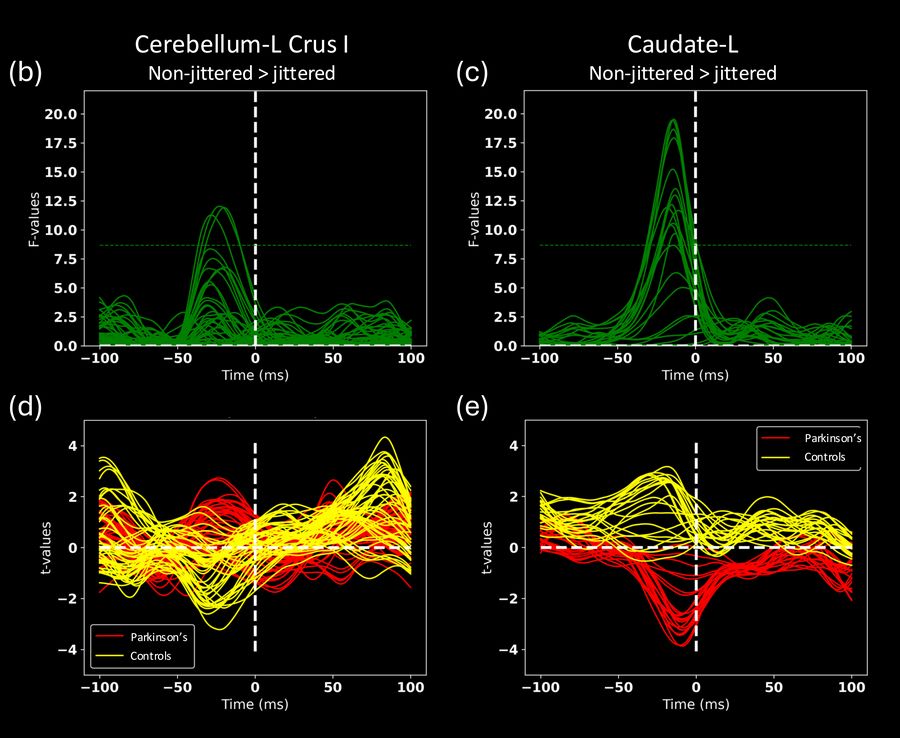
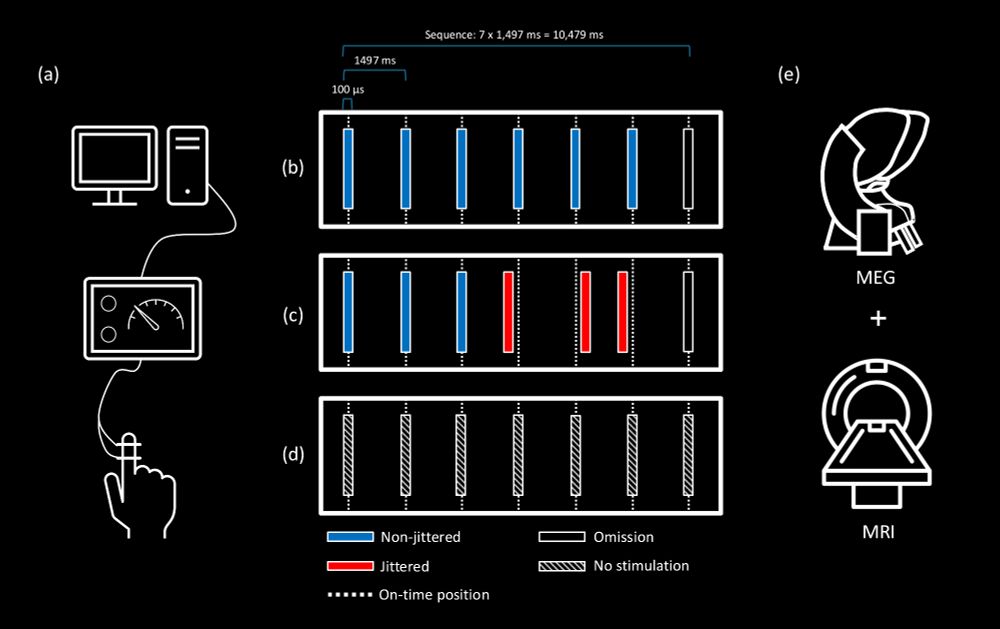



I am curious because, in humans, we are finding out that the cerebellum is basically involved in most cognition as well.
And I am eager to learn what might be going on in other species.
Thanks
I am curious because, in humans, we are finding out that the cerebellum is basically involved in most cognition as well.
And I am eager to learn what might be going on in other species.
Thanks
international.au.dk/about/profil...
international.au.dk/about/profil...


